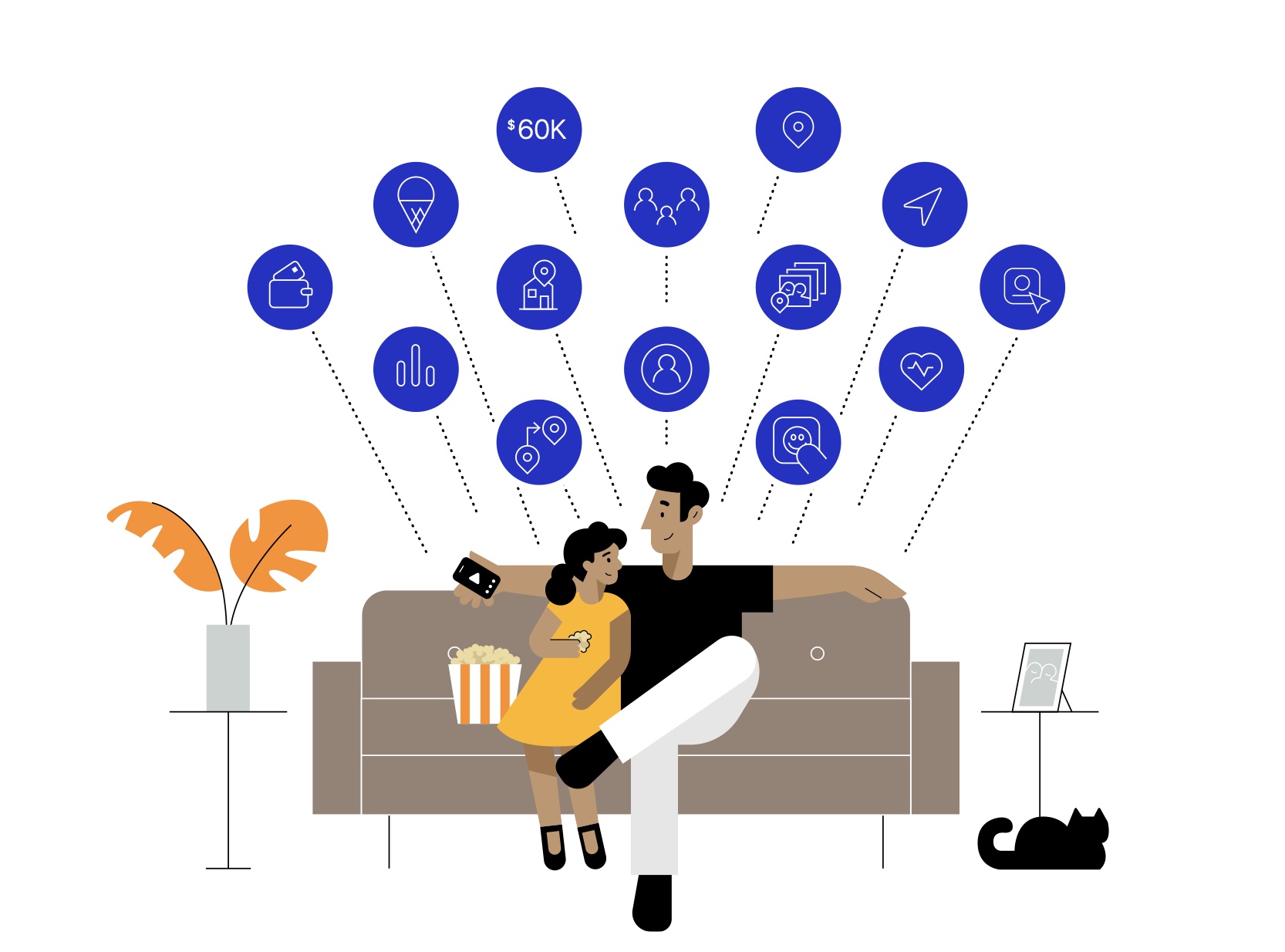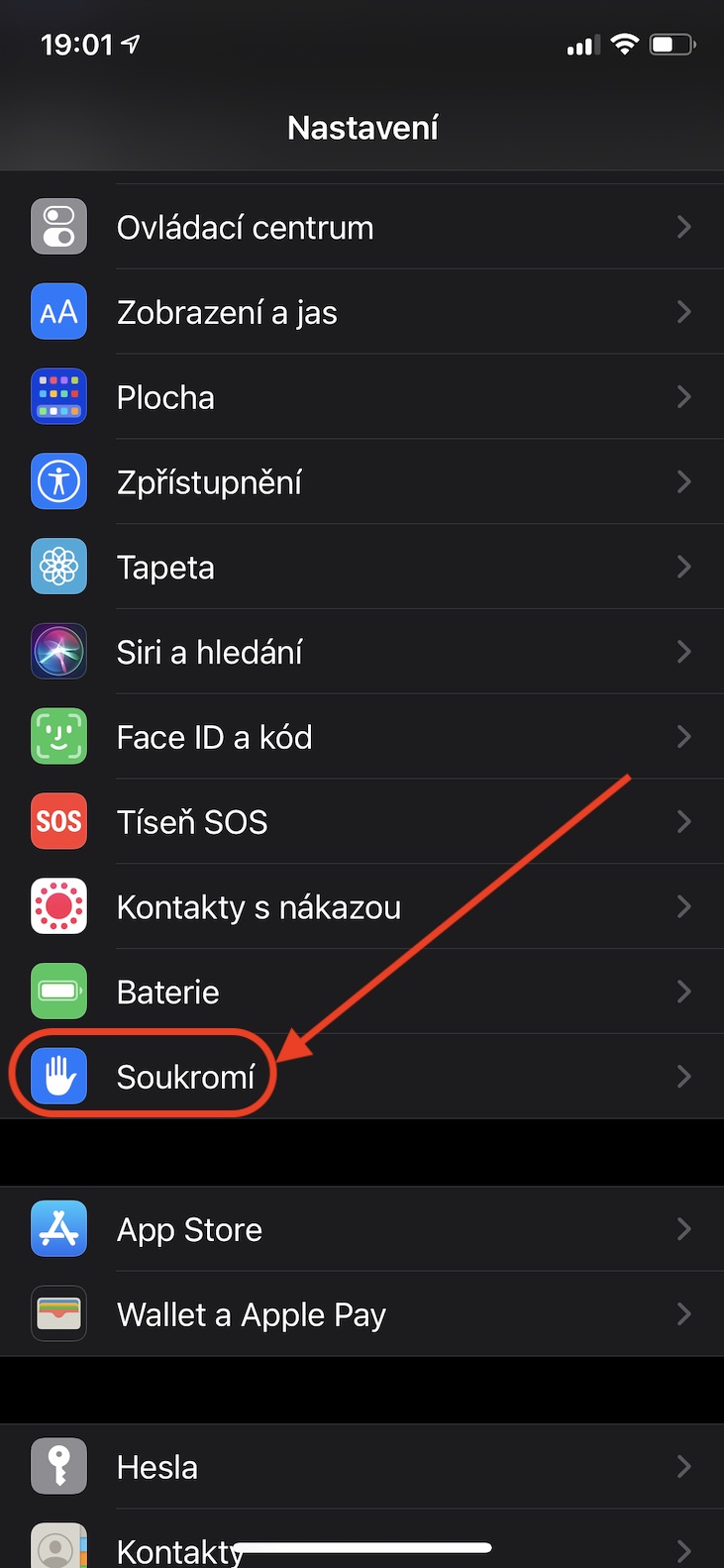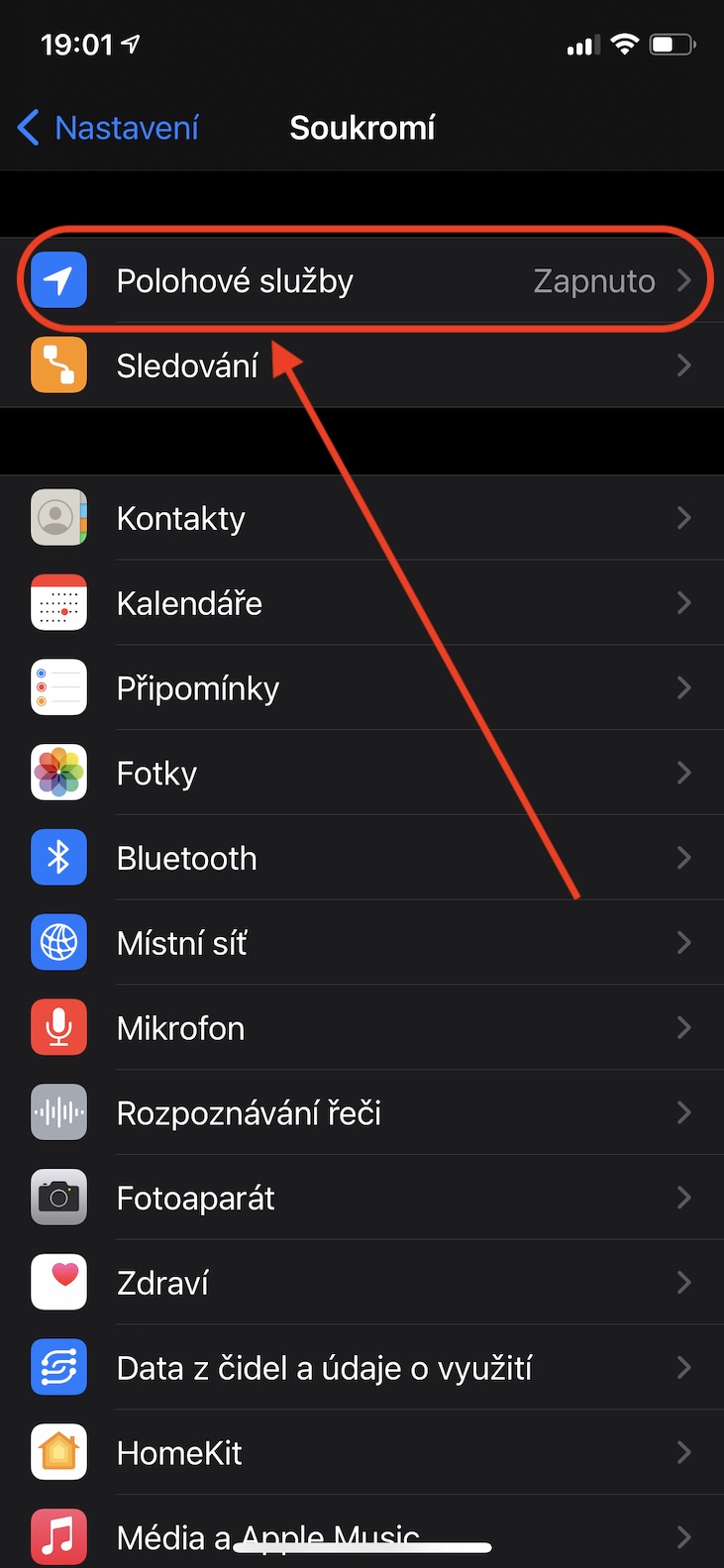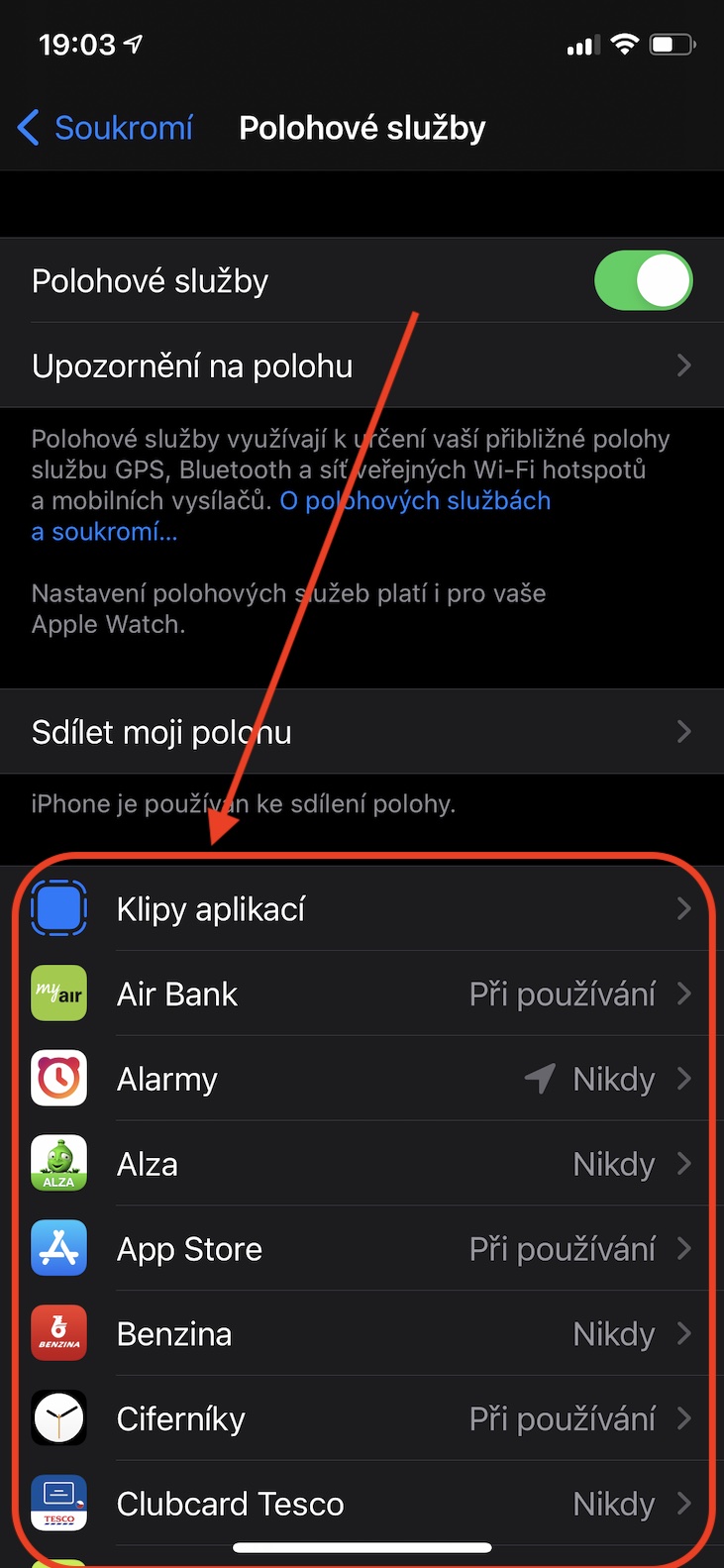In this regular column, every day we look at the most interesting news that revolves around the California company Apple. Here we focus exclusively on the main events and selected (interesting) speculations. So if you are interested in current events and want to be informed about the apple world, definitely spend a few minutes on the following paragraphs.
It could be interest you

The record for the number of FaceTime calls was broken during Christmas
The last year has brought with it a number of difficult challenges that we have to deal with almost every day, at every step. Since March 2020, we have been plagued by the global pandemic of the disease COVID-19, due to which governments around the world had to issue a number of various restrictions. They generally agree on one thing – there must be a limitation of any personal contact. This is precisely why, for example, education has moved to distance learning and some companies have started using the so-called home office, i.e. working from home, more than ever before. However, as is generally known, man is a social creature and it is therefore natural for him to still want to see his friends and neighbors in some form.

The whole situation then resulted in an enormous increase in the popularity of video conferencing services, which include, for example, Apple's FaceTime, or Skype, Zoom, Google Meet, and the like. After all, this was confirmed by Apple CEO Tim Cook himself during today's call with investors, when he spoke about the first quarter of the fiscal year 2021. According to him, FaceTime broke all previous records and thus the most audio/video calls ever took place during the Christmas period. Unfortunately, we did not learn any more detailed information that would reveal, for example, how many calls there are in total or approximately.
Apple pointed out how companies use data to track users across websites and apps
Today we celebrate a holiday called "Date Privacy Day” or Personal Data Protection Day. Apple itself has now effectively responded to this event, sharing a perfect dokument with name "A day in the life of your data.” In these materials, he brilliantly describes how unknown companies can track user data that is collected while browsing the Internet and using various applications. The Cupertino company emphasizes at the outset that the average mobile application contains six so-called trackers from various companies. These are then directly intended for data collection and tracking of personal information. The entire market for the sale of these personalized profiles will then come to 227 billion dollars annually, i.e. almost 4,9 trillion crowns.
How to find out which apps use your location information in iOS Settings:
The mentioned documentary depicts a model situation in which it shows what various advertisers, providers of collected data, social networks and other entities can learn about a father and daughter who decide to spend a day together in the park. One of the mentioned examples is, for example, the creation of an ordinary selfie photo on the children's playground, which is then edited with the help of a third-party application with various filters and shared on a social network. Nevertheless, the image editing program is able to read the metadata of all saved photos, which trackers are of course happy to "bite off" for their needs and pass on. The app continues to link dad's information about his online activities, purchases and more to his personal profile via email and phone number.

In the end, the document mentions the benefits associated with using apple tools, which protect the user's privacy as much as possible. For example, in the case of using an application with filters, it would be sufficient if the user of the program granted access only to the given photo. We will continue to find here a mention of the upcoming function, which will finally start in the next versions of apple operating systems. Specifically, we are talking about the upcoming function, when all applications will have to ask for consent to user tracking across websites and applications.


